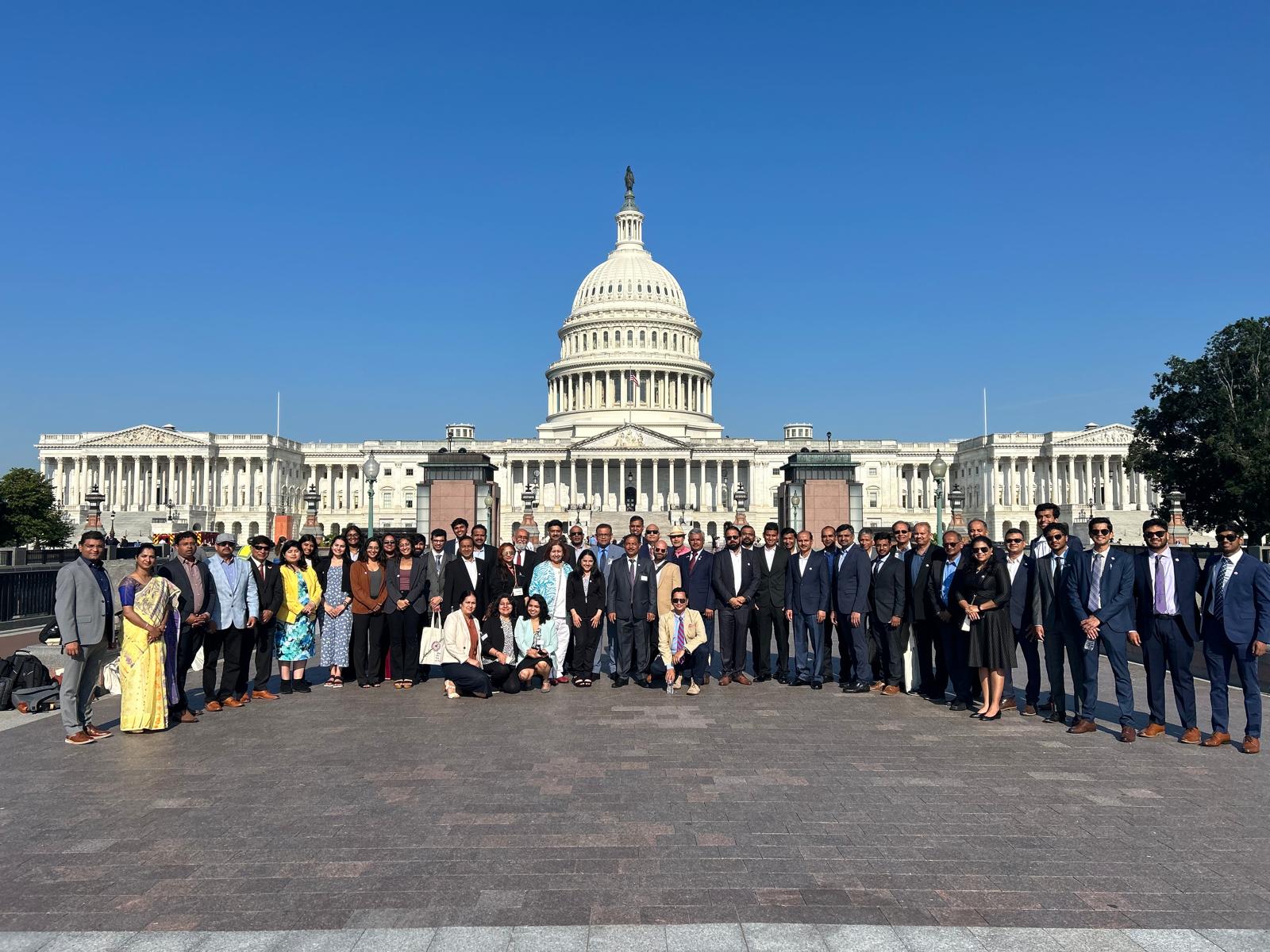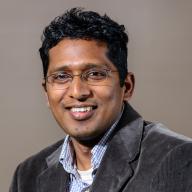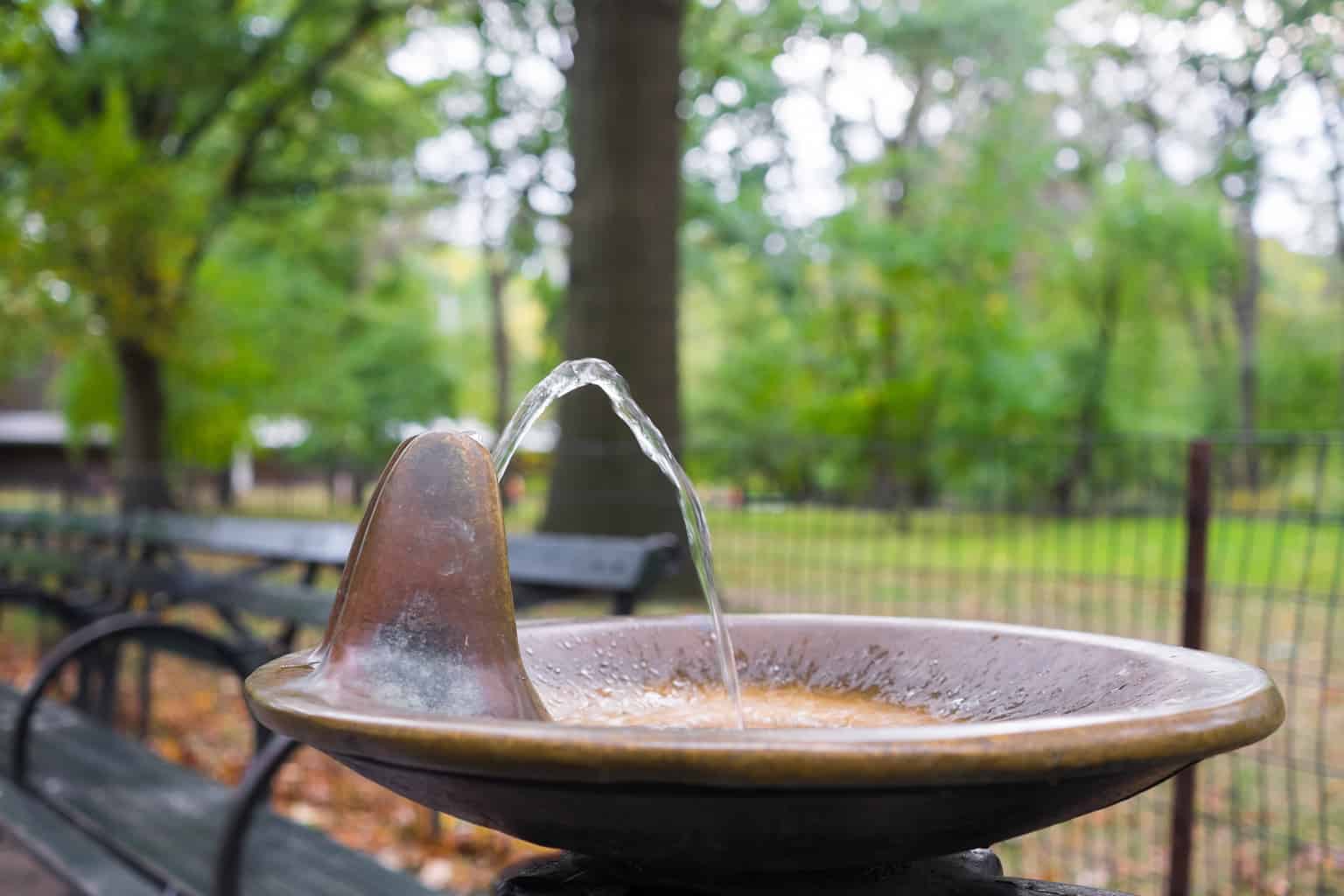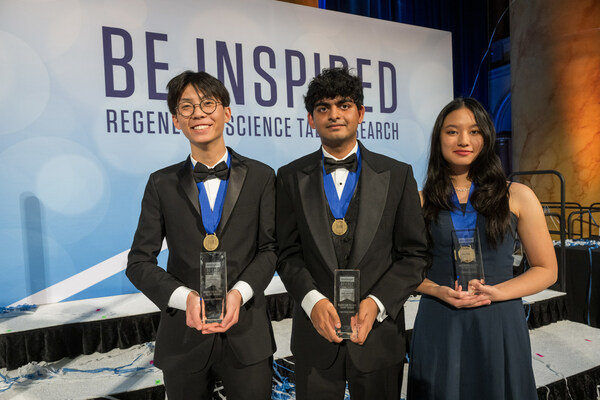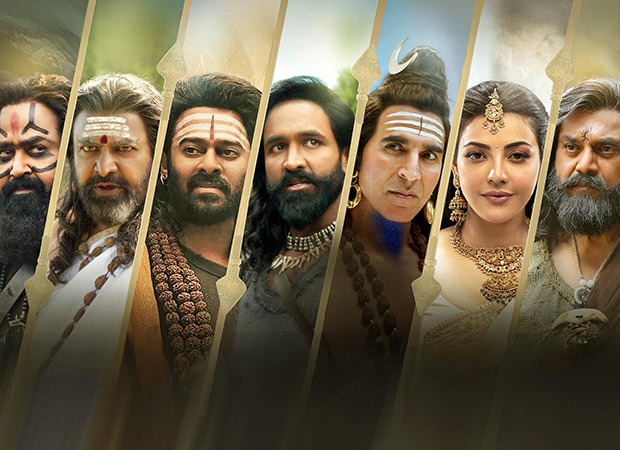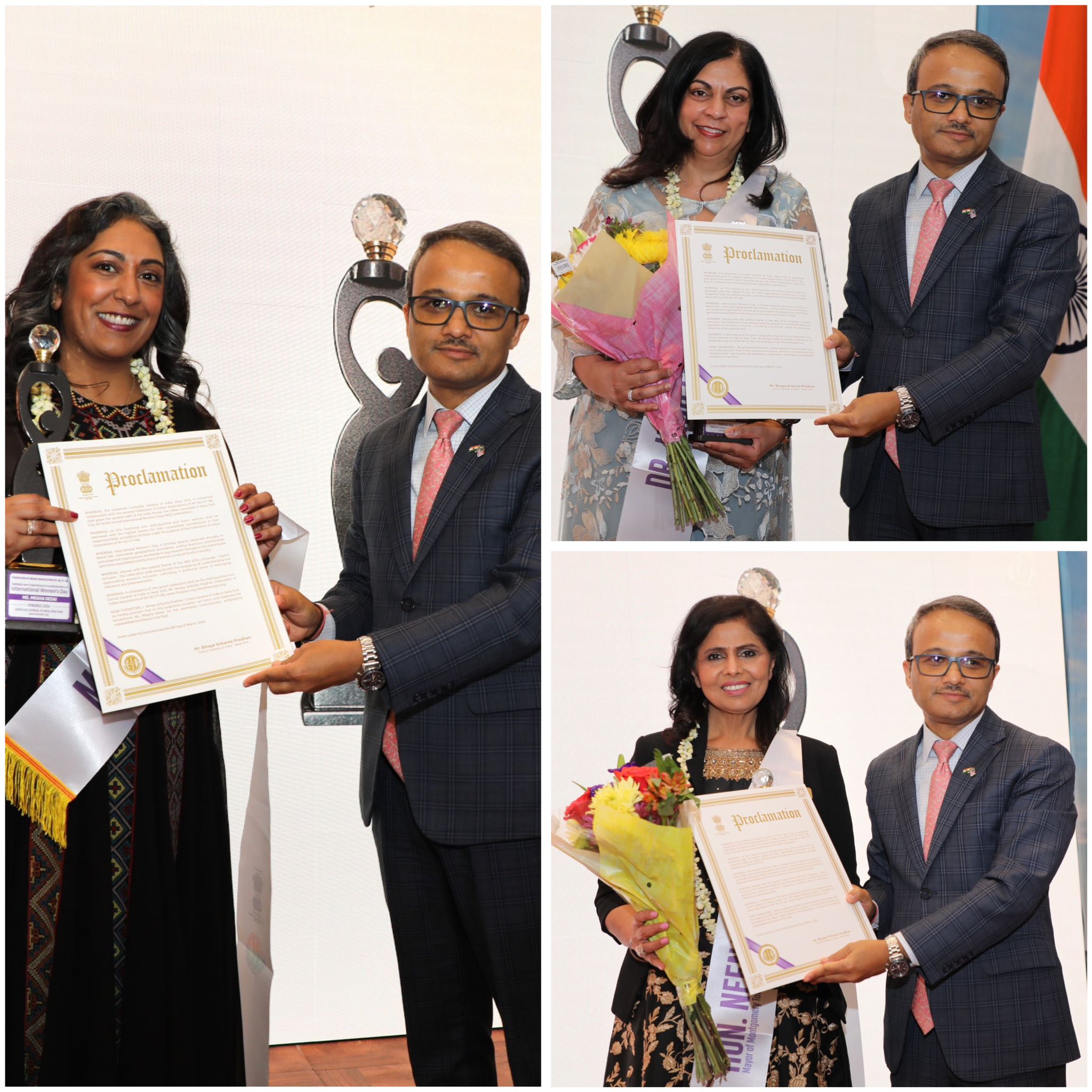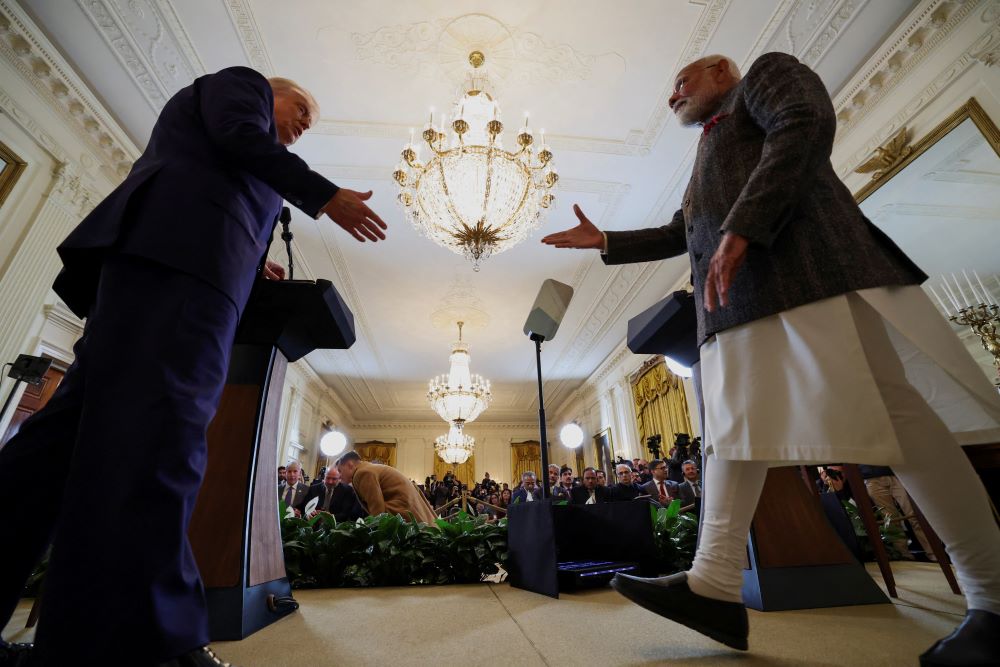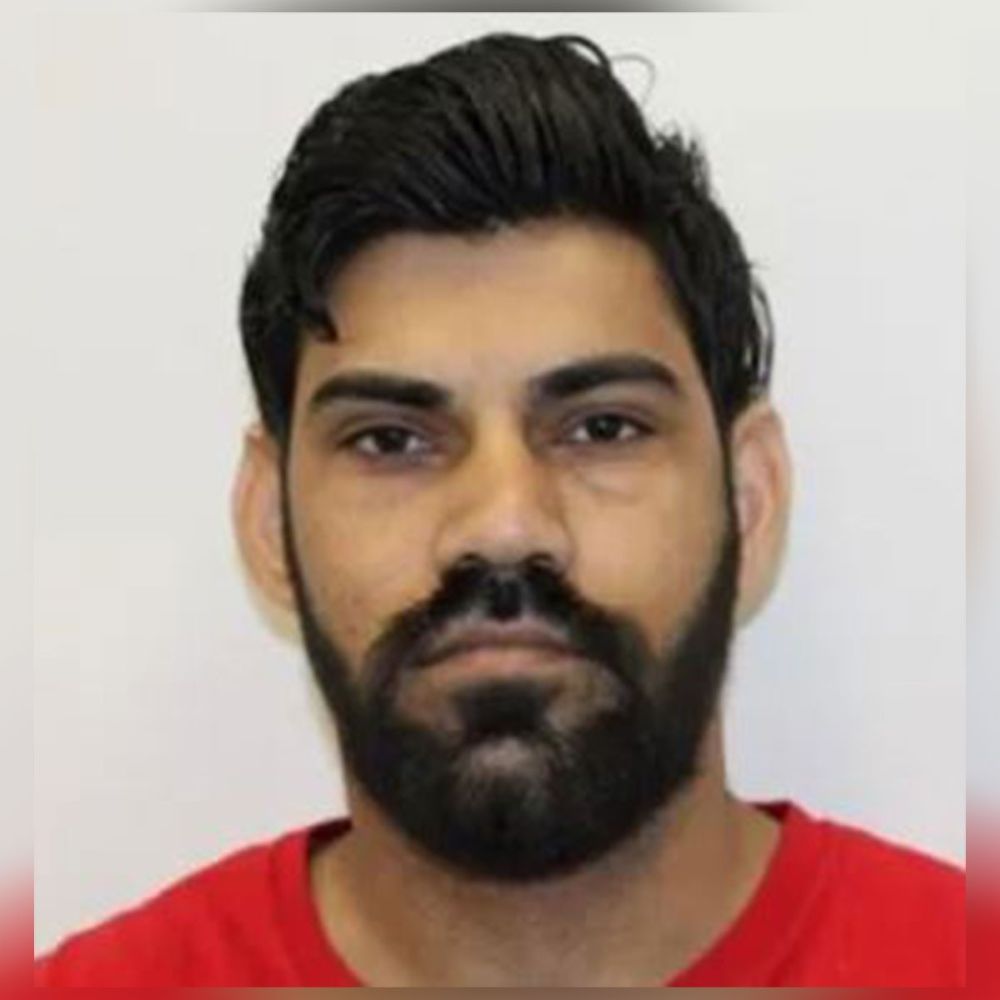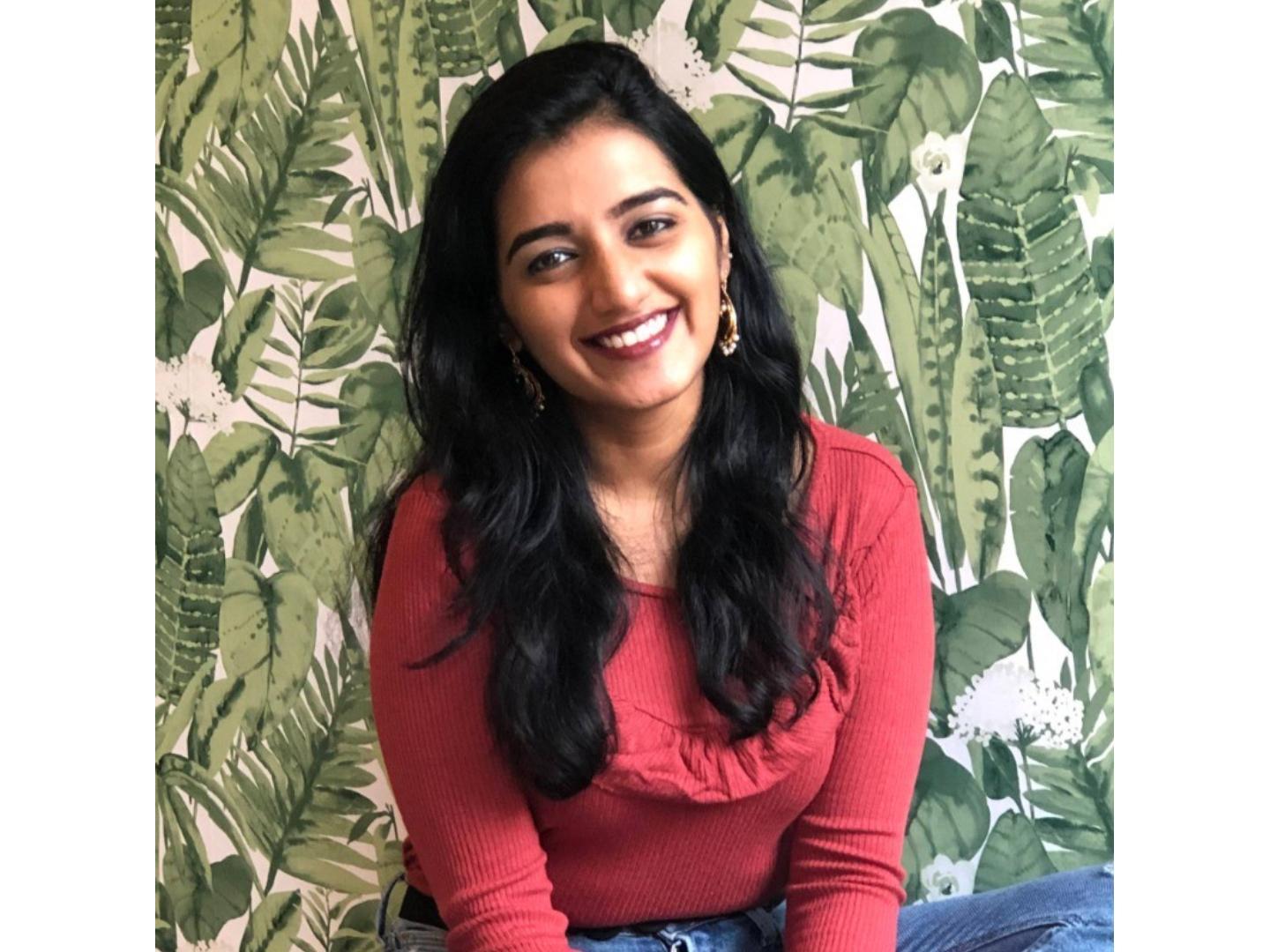Over 135 Indian American delegates from 22 states met with more than 83 elected officials from 35 states
Our Bureau
Washington, DC
On June 13th, the Foundation for India and Indian Diaspora Studies (FIIDS) hosted a successful US India Summit at Capitol Hill, featuring impactful advocacy and discussions on key policy issues. FIIDS Chief of Policy and Strategy, Khanderao Kand, highlighted their effective campaign, where over 135 Indian American delegates from 22 states met with more than 83 elected officials from 35 states. They addressed topics like ICET tech export exemption, elevating Major Defense Partner status, GC backlog immigration reforms, religious bias and hate crimes against Indian Americans, specifically Hindus, and Indo-Pacific security.
Deputy Assistant Secretary of State Nancy Jackson emphasized the significance of the US-India relationship, calling it “our most consequential relationship.” She highlighted major events in 2023, including PM Modi’s state visit and President Biden’s visit to the G20 Summit, expressing optimism for continued collaboration on climate, space, and defense.
Ambassador Sripriya Ranganathan noted the transformation in US-India relations, stating, “The US-India relationship has transitioned from an era where we rarely agree to an era where we rarely disagree.” She praised FIIDS for strengthening this relationship and representing the Indian diaspora’s interests.
Congressman Raja Krishnamoorthi emphasized the importance of Indian American political involvement, asserting, “If you don’t have a seat on the table, you’re on the menu,” and celebrated India’s global rise: “Not just Indians have arrived in America, but India has arrived on the world stage.” He urged the community to engage politically, stating, “It’s time to run for office… I don’t care if you’re a Republican, independent, or Democrat.”
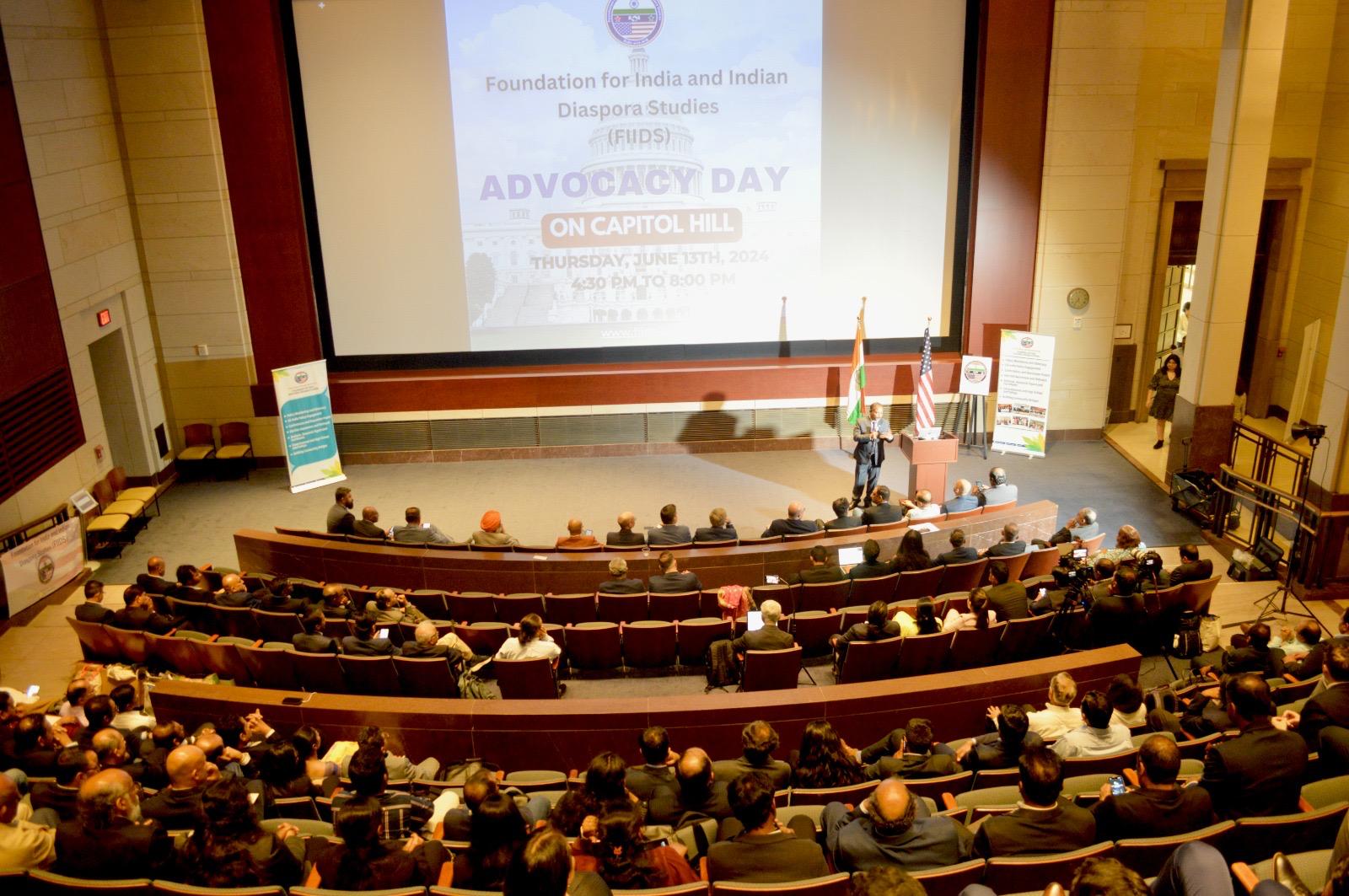
Congressman Ro Khanna highlighted the progress of Indian American political engagement, noting, “It was not long ago that it was hard to get 5-6 Indian Americans to come to the Hill.” He encouraged the community to embrace their identity and confidently participate in the political process.
NSF Director Dr. Seturaman Panchanathan discussed the strategic collaborations between NSF and Indian institutions, emphasizing joint projects in areas like Arctic exploration and AI in agriculture.
Ambassador Atul Keshap highlighted the contributions of Indian Americans, who, despite being only 1.5% of the US population, contribute 6% of the tax revenue. He advocated for ambitious efforts to maximize the potential of bilateral trade.
Congressman Dr. Rich McCormick called for a flexible immigration policy, stating, “We need a flexible, expansionist immigration policy for legal immigrants who do the right things.” He introduced a bipartisan bill to eliminate the 7% cap on green cards and reduce the backlog, emphasizing, “In a democracy, numbers matter, and as the Indian American community is now bigger than the Jewish community, I think you can impact the next presidential election.”
USISPF CEO Dr. Mukesh Aghi underscored the multifaceted US-India relationship, emphasizing its geopolitical, economic, and domestic dimensions. He noted significant economic contributions, including $122 billion in intellectual power and 300,000 chip designers, and stressed the importance of political engagement for continued growth.
FIIDS Policy Advocate Yogi Chugh shared that dozens of advocates were youths under 30. Community leaders, including Dr. Bharat Barai, Suhag Shukla, and Utsav Chakravarty, praised FIIDS for its role in advocacy and raising awareness about key issues affecting the Indian diaspora. The event saw the participation of prominent individuals and community leaders, furthering the discussion on US-India relations.
















